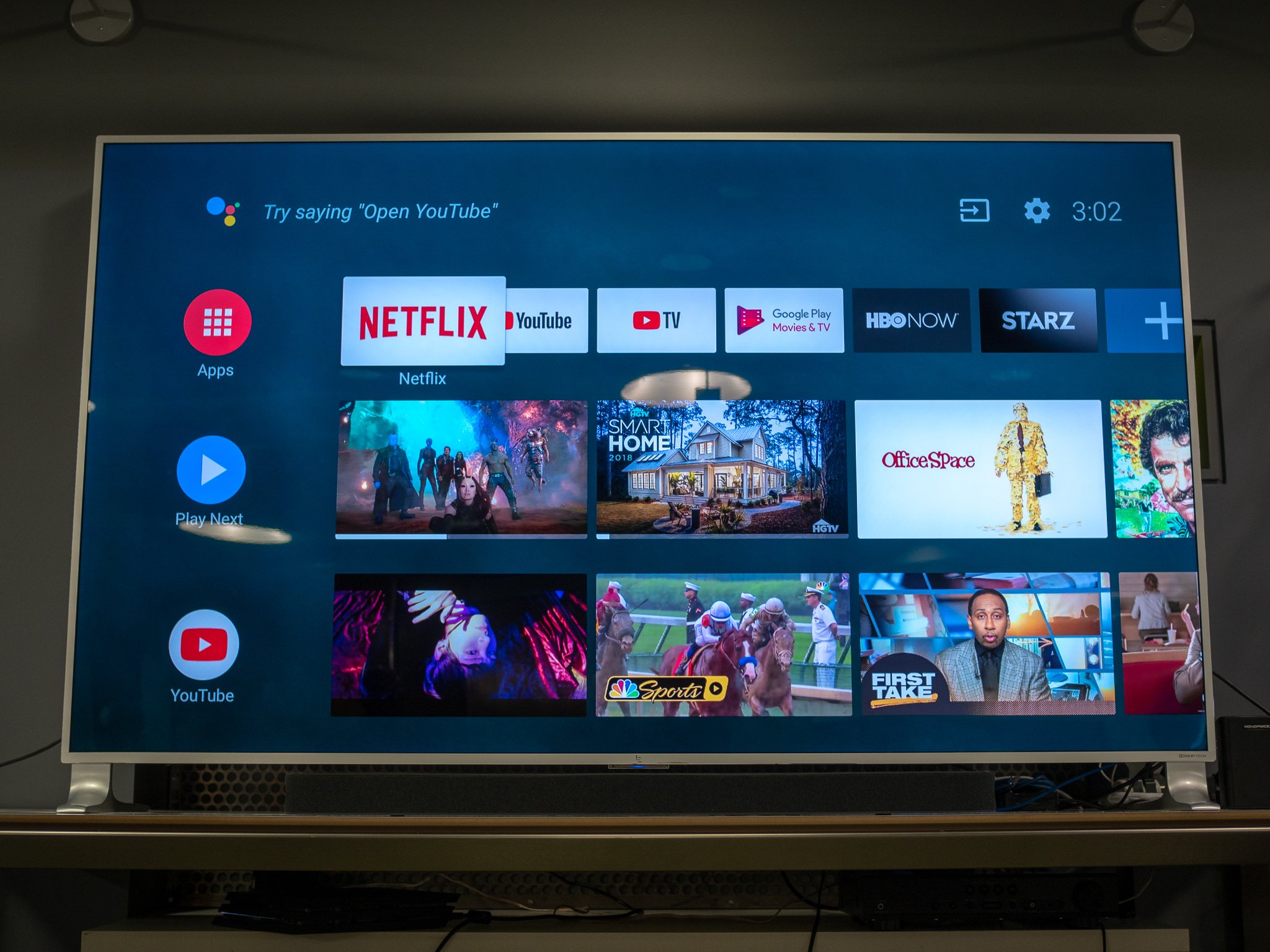
When a company licenses Android from Google for a smartphone, it does so with specific stipulations. One of the requirements being that it bars you from producing devices with a forked version of Android. If you do, then you take the risk of losing access to Google apps, including the Play Store.
That's a pretty big incentive to not make a phone or other device running a forked version of Android. As we've seen with the whole Huawei situation, losing access to Google apps and the Play Store can be detrimental to business. Huawei is currently projecting a loss of 20% in sales for 2020 after losing complete access to Google services.
Recently, it was also revealed the same policy that prevents smartphone makers from producing phones with forked versions of Android, also extends to TV makers. Speaking to , under the protection of anonymity, an employee at a major TV manufacturer said, it could lose access to the Play Store and Google apps for all of its devices if it made a product using a forked version of Android.
They cannot do Android TV and Fire TV simultaneously.
The policy essentially forces TV manufacturers to choose either Android TV or a fork such as Amazon's Fire TV when selecting software for its products. If it tried to use both, it runs the risk of losing access to Google's apps and the Play Store when using Android TV.
The policy also spans across different product lines. For example, LG and Samsung both produce smartphones as well as TVs. When the companies agree to license Android for smartphones or TVs, they also agree not to use a forked version of Android no matter what product they are producing. Meaning, neither company can create a TV running Fire TV OS, or else it would lose access to the Play Store and Google apps on its smartphones as well.
Google defends the terms in the Android Compatibility Commitment by saying they are there to ensure a consistent and secure software experience. However, these terms have essentially cut Amazon's Fire TV software out of the TV market.
Best Cheap Android TVs in 2020